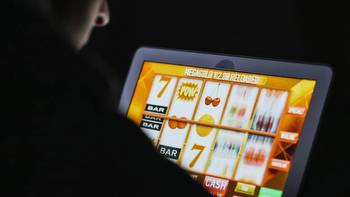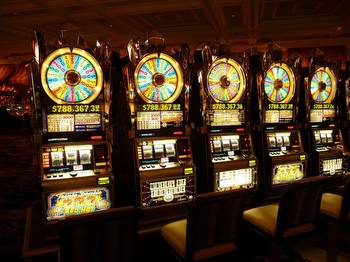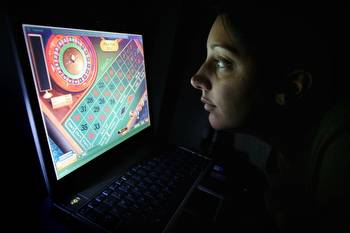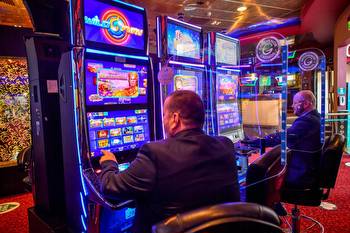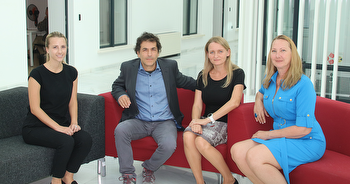B.C. commits $1.4M to continue research into gambling addictions, policies
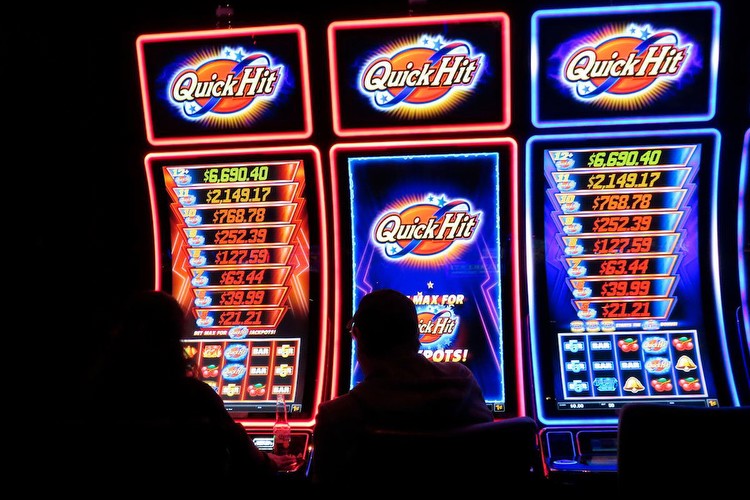
UBC’s researchers have been looking into the links between gambling, video gaming and loot boxes
A B.C. centre for gambling research plans to look into the psychological characteristics linked to personal risk factors for addictive behaviours – among other major programs – with renewed funding from the province.
Public Safety Minister Mike Farnworth announced $1.4 million toward the continued research into gambling-related harms at the Centre for Gambling Research at the University of British Columbia on Tuesday (Dec. 5). It’s the third funding term for the centre.
“By understanding the underlying causes and consequences of gambling addiction, we aim to develop more effective strategies for its prevention, and importantly, intervention.”
He added gambling doesn’t just affect individuals, but can have a devastating impact on families and communities.
The centre’s exploration of modern slot machines, he said, has informed the development of the province’s first online gambling standards, focused on player protection and minimizing the harms of internet gambling.
Centre director Luke Clarke said the funding underscores the importance oof gaining a deeper understanding of gambling harm through research on its psychological basis. The researchers, he said, have a dual objective of reducing the harm associated with gambling problems, as well as improving evidence-based gambling policy.
In the near-decade that UBC’s Centre for Gambling Research has been operating, director Luke Clarke has seen a lot of technical changes both in Canada and worldwide.
One area had been the link between gambling and video games , specifically around loot boxes, which are prizes in a video game that can be won or purchased within the game. The UBC centre was one of the first groups to work on the problem of loot boxes and gambling wordwide
“Our ongoing programs are investigating the high risk design features of modern gambling products, as well as emerging forms of gambling, including the convergence of gambling with video gaming.”
Clarke added researchers also plan to work with onling gambling data from the B.C. Lottery Corporation’s Play Now, which includes “a very rich data set” that can be used to examine the behavioural markers of high-risk gambling to inform risk-detection algorithms.
There is also the expansion of sports betting, Clarke said, which has sped up the process of betting.
Asked about the province’s stance on sports gambling or ads with celebrities or athletes, Farnworth said he thinks bans are the “right thing to do.” Ontario will be banning gambling ads with athletes beginning in February 2024.
He said the province has raised concerns at the federal level “on the sheer number of ads.”








